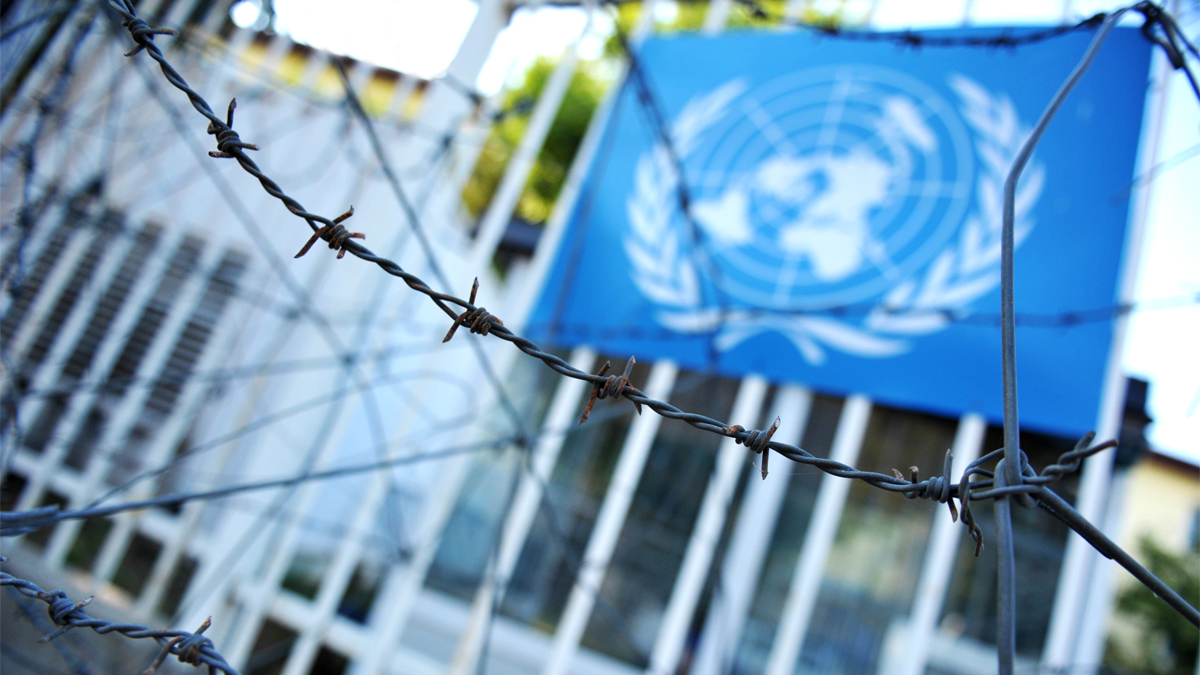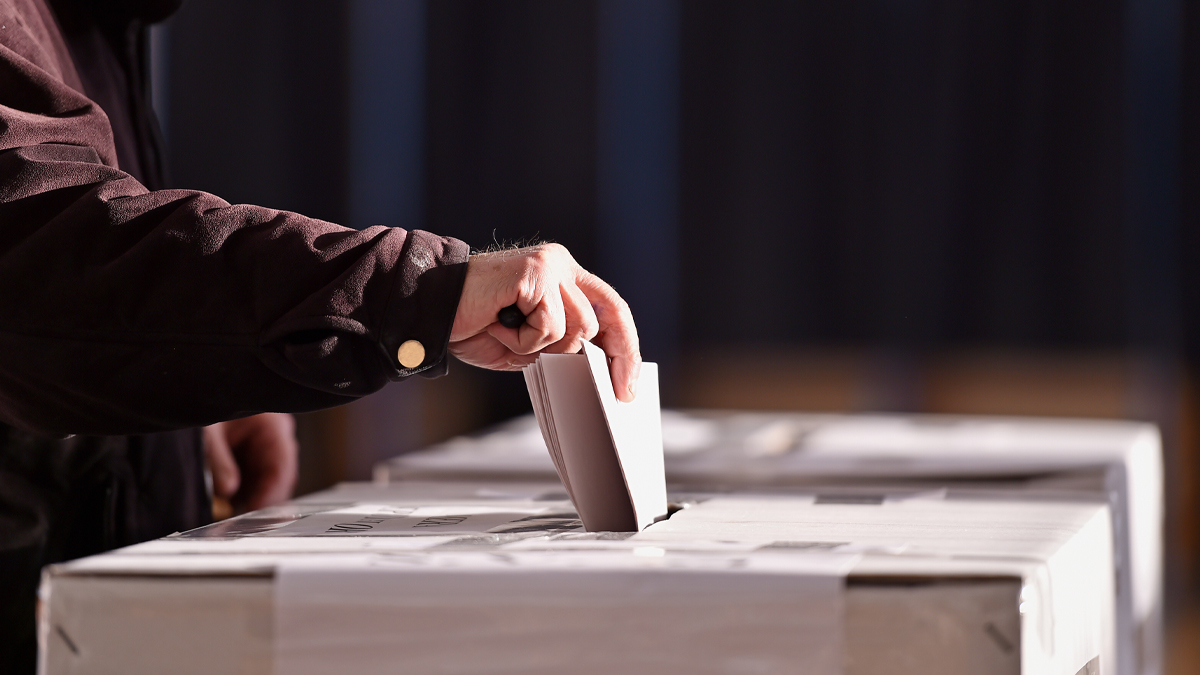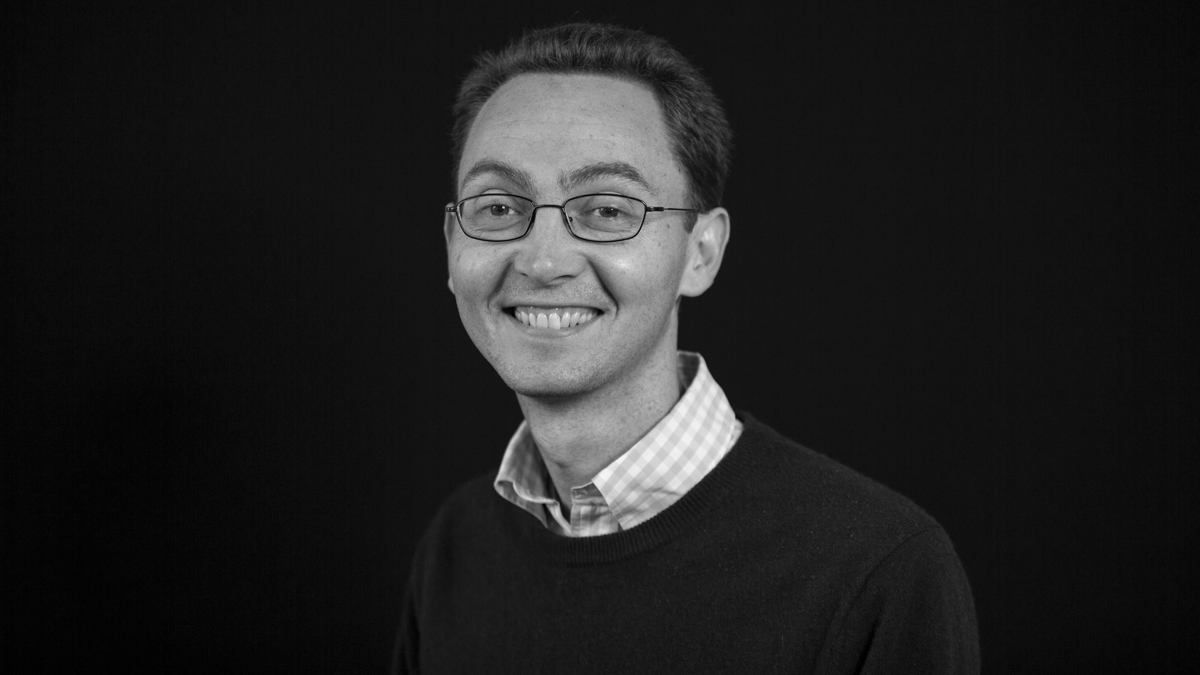Our research sits at the intersection of the study of political theory, international relations, comparative politics, and sociology.
It is articulated around an ambitious vision focused on field-defining arguments that address the pressing problems of justice, international order and conflict, and democracy.
Award-winning, published in high-ranking outlets, and widely disseminated, our research shares a commitment to solving puzzles as well as promoting diversity, creativity, and interdisciplinarity.



